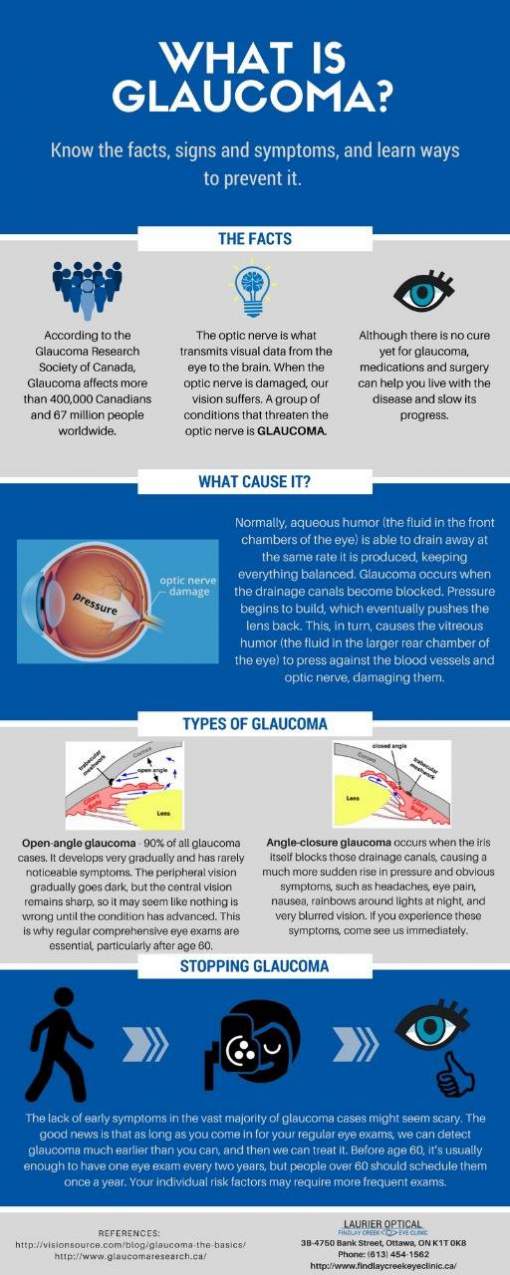The Future Of Correcting Vision: Refractive Lens Exchange

Short Article Written By-Barron Butler
Visualize a future where you no longer need to count on glasses or contact lenses to see plainly. A future where vision adjustment is as easy as a quick, painless treatment.
Well, that future is closer than you could think. Introducing refractive lens exchange, a cutting edge technique to correcting your vision that could alter the way you see the world.
However exactly what is refractive lens exchange, and why is it thought about the future of vision modification? In this conversation, we will explore the advantages, the procedure, and the prospective dangers of refractive lens exchange, providing you a peek into what lies ahead for those looking for clearer vision.
The Advantages of Refractive Lens Exchange
Refractive Lens Exchange supplies various benefits for people seeking vision modification. By replacing your all-natural lens with a fabricated intraocular lens, this treatment can correct a wide range of vision issues. Among the major benefits of refractive lens exchange is the renovation in visual acuity. Whether you're nearsighted, farsighted, or have astigmatism, this procedure can dramatically improve your ability to see clearly without relying on glasses or contact lenses.
Furthermore, refractive lens exchange can likewise prevent the development of specific eye conditions, such as cataracts. This indicates that not only will you attain better vision, however you'll additionally have a lowered threat of developing cataracts in the future.
With refractive lens exchange, you can delight in enhanced vision and a higher quality of life.
The Procedure for Refractive Lens Exchange
When undergoing refractive lens exchange, the surgeon will begin by making a small laceration in your cornea. This allows them to access the lens of your eye and remove it.
Right here are five essential steps associated with the treatment:
- The cosmetic surgeon will thoroughly break up the lens using ultrasound waves or lasers.
- After eliminating the lens, they'll place a new man-made lens, called an intraocular lens (IOL), into your eye.
- The IOL is developed to fix your certain vision issues, such as nearsightedness, farsightedness, or astigmatism.
- Once the new lens is in area, the surgeon will shut the cut with little stitches or self-sealing strategies.
- The entire treatment typically takes less than thirty minutes and is typically executed on an outpatient basis.
Adhering to these actions, refractive lens exchange can supply you with enhanced vision and decrease your reliance on glasses or get in touch with lenses.
Possible Threats of Refractive Lens Exchange
Before undertaking refractive lens exchange, it's important to understand the potential threats related to the procedure. While refractive lens exchange is usually taken into consideration risk-free, like any kind of surgery, there are dangers involved.
One prospective danger is infection, which can happen if germs gets in the eye throughout or after the surgical procedure. click web page is the growth of enhanced intraocular pressure, which can result in glaucoma. Furthermore, there's a small chance of experiencing corneal edema, which is the swelling of the cornea.
Other possible threats include retinal detachment, macular edema, and loss of vision. It's vital to go over these risks with your surgeon and consider them against the possible benefits prior to making a decision.
Conclusion
So there you have it, folks! Refractive lens exchange is genuinely the future of vision modification. With its various benefits and developments in innovation, this procedure uses a life-changing service for those having problem with their vision.
Yet bear in https://squareblogs.net/marcel89kenyatta/discover-if-the-kamra-inlay-could-be-the-perfect-choice-for-your-demands , every rose has its thorns. While refractive lens exchange may bring clarity, it is necessary to be aware of the potential risks included. So, prior to taking the jump, evaluate the advantages and disadvantages, and talk to your ophthalmologist.
Besides, far better secure than sorry!

